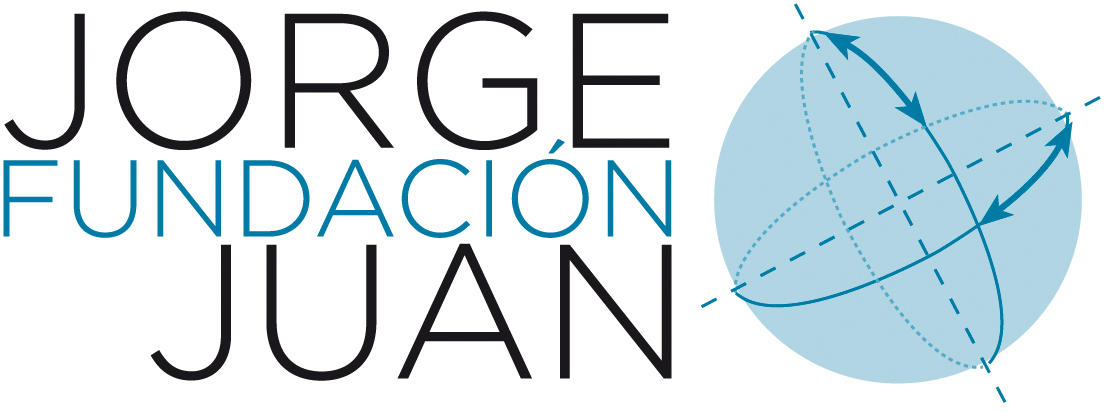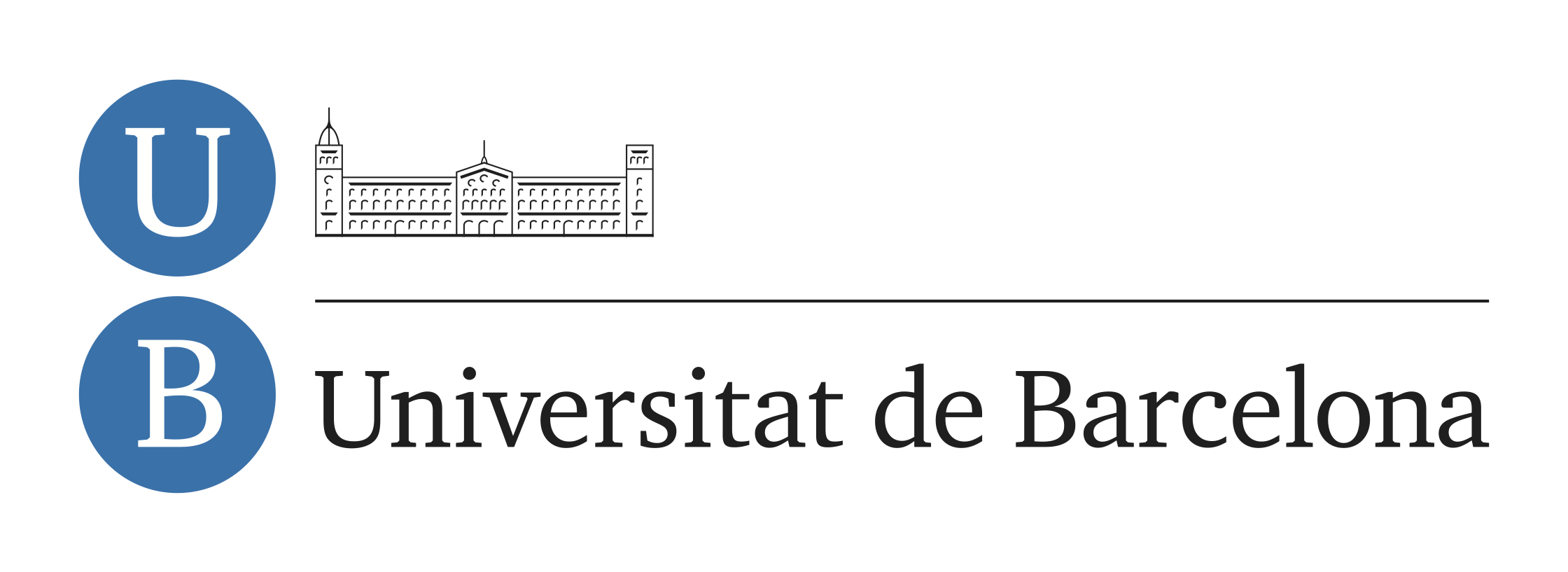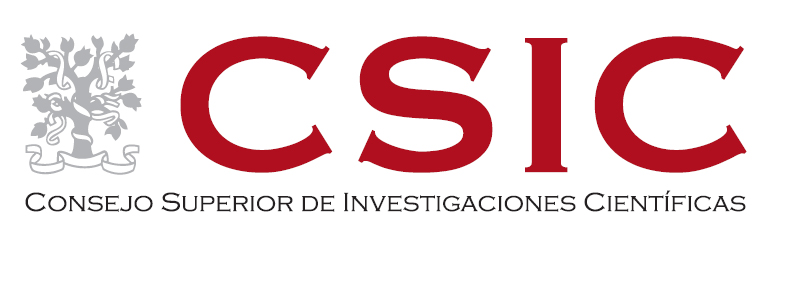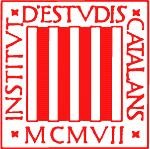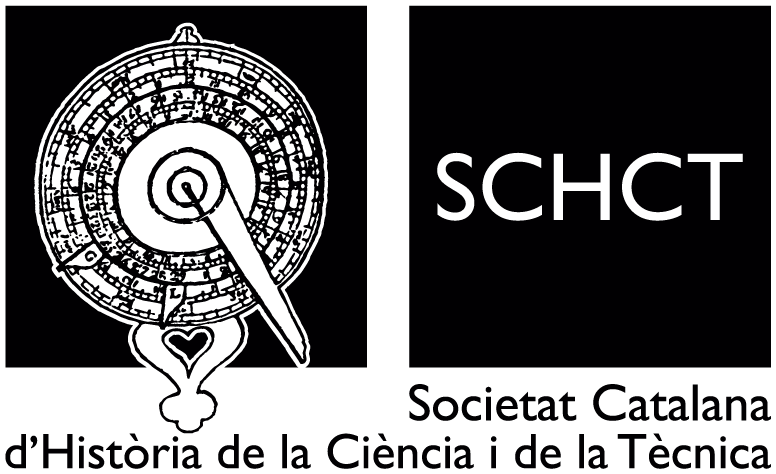Una nueva Historia Natural
Primeras noticias ibéricas sobre la naturaleza de las Indias
(Barcelona, 11-12 de Mayo, 2015)

Las primeras descripciones de la naturaleza de las Indias Orientales y Occidentales han corrido un suerte variada en la historiografía. Empleadas antiguamente en la historia de los descubrimientos como episodios enfocados para establecer la prioridad, subrayar el estatus de los pioneros y reforzar el carácter nacional de esas aventuras del conocimiento, hoy día nos preocupan otros asuntos ligados a la circulación del saber, las relaciones entre texto e imagen, el coleccionismo como forma de construir conocimiento, o los componentes indígenas de los saberes occidentales. La mirada se ha hecho más social, más cultural y, sin duda, más global.
Sin embargo, la perspectiva ibérica ha tendido a ser eludida por ambas formas de acercarse al pasado. En 2013, con motivo de la exposición 360º Ciência Descoberta y a propósito de la crisis de las grandes narrativas, Henrique Leitão se preguntaba si había llegado el momento de la ciencia ibérica.
Exceptuando algún ejemplo notable, como Charles Boxer, pocos autores se han detenido en ofrecer una mirada comparada entre las historias naturales de América y Oriente escritas por portugueses y españoles del siglo XVI. Si por una parte las fronteras nacionales resultan artificiales para evaluar este y otros contextos, también resulta forzado contemplar un solo hemisferio de lo que estaba siendo un ejercicio intelectual característico de la primera globalización.
Desde la experiencia trioceánica peninsular, nos gustaría debatir sobre casos, episodios e imágenes de la ciencia ibérica como hechos imprescindibles para que el proceso intelectual renacentista construyera las bases del mundo moderno.
Entendemos la historia de la ciencia como un espacio híbrido y transversal para aproximar o hallar una forma de representar lo lejano, lo exótico, lo apenas conocido; también ha sido un medio de producción y circulación de hechos difícilmente observables y, a su vez, entendemos que la ciencia ha sido, junto a la política, el comercio o la religión, uno de los principales instrumentos de gestación de los imperios peninsulares.
Desde esta perspectiva, partimos de la premisa de que esa voluntad de circulación de las ideas, imágenes y objetos no atiende ni ha atendido a la territorialidad de los espacios, y por el contrario, ha sido un transfronterizo hilo conductor de nuestro pasado intelectual y parte activa de nuestro presente patrimonio cultural.
Comité organizador:
José Pardo-Tomás, Institut Milà i Fontanals, CSIC Barcelona
Juan Pimentel, Centro de Ciencias Humanas y Sociales, CSIC Madrid
Emma Sallent Del Colombo, Facultat de Física, Universitat de Barcelona
Isabel Soler, Facultat de Filologia, Universitat de Barcelona
PROGRAMA
Lunes 11 de mayo de 2015
Sala Pi Sunyer del Institut d’Estudis Catalans
10.30-11.00 h: Presentación
11.00-12.00 h: Conferencia inaugural:
Joan Pau Rubiés, Etnografía e historia natural: en torno a la naturalización de lo humano en los imperios ibéricos (siglo XVI).
12.00-12.30 h: café
12.30-13.00 h: Antonio Sánchez / Henrique Leitão (Universidade de Lisboa), Demasiado para contar: modos narrativos sobre la naturaleza de las Indias en los textos ibéricos del siglo XVI.
13.00-13.30 h: Rui Loureiro (Centro de História d’Além Mar, Universidade Nova de Lisboa), «Tudo é mercadoria»: O mundo natural na Suma Oriental de Tomé Pires.
13.30-16.00 h: almuerzo
16.00-16.30 h: Elisa Andretta (iEH2 Unige, Ginebra), José Pardo-Tomás (IMF-CSIC, Barcelona), El Dioscórides de Andrés Laguna (1555): visión del mundo ibérico y construcción del saber natural.
16.30-17.00 h: Teresa Nobre de Carvalho (História e Filosofia das Ciências, Universida de Nova de Lisboa), Una perfection substancial: as pinturas do Tractado de las Drogas de Cristóvão da Costa.
17.00-17.30 h: Carlos de Miguel Mora (Dpt. de Línguas e Culturas, Universidade de Aveiro), El tratamiento de algunos productos de las Indias Occidentales en la obra de Amato Lusitano.
17.30-18.00 h: café
18.00-18.30 h: António Andrade (Dpt. de Línguas e Culturas, Universidade de Aveiro), Os simples e as drogas orientais vistos por Amato Lusitano nos Comentários a Dioscórides (Veneza, 1553).
18.30-19.00 h: Emma Sallent Del Colombo (Facultat de Física, Universitat de Barcelona), Conexiones insospechadas. Naturalia americana entre València y Bologna.
Martes, 12 de mayo de 2015
Sala Salvador del Instituto Botánico de Barcelona
11.00-11.30 h: José Ramón Marcaida (Centre for Research in the Arts, Social Sciences and Humanities University of Cambridge), Fernández de Oviedo y el caso del “pájaro extremado”.
11.30-12.00 h: Juan Pimentel (Centro de Ciencias Humanas y Sociales, CSIC, Madrid) / Isabel Soler (Facultat de Filologia, Universitat de Barcelona), Escribir es corregir. Rectificaciones y enmiendas en los Colóquios de Garcia de Orta.
12.00-13.30 h: café y visita a Salvadoriana.
14.00 h: Almuerzo de clausura.
INSCRIPCIÓN
La inscripción es gratuita. Se ruega a las personas interesadas en asistir envíen un correo electrónico comunicándolo a: emma.sallent@ub.edu

